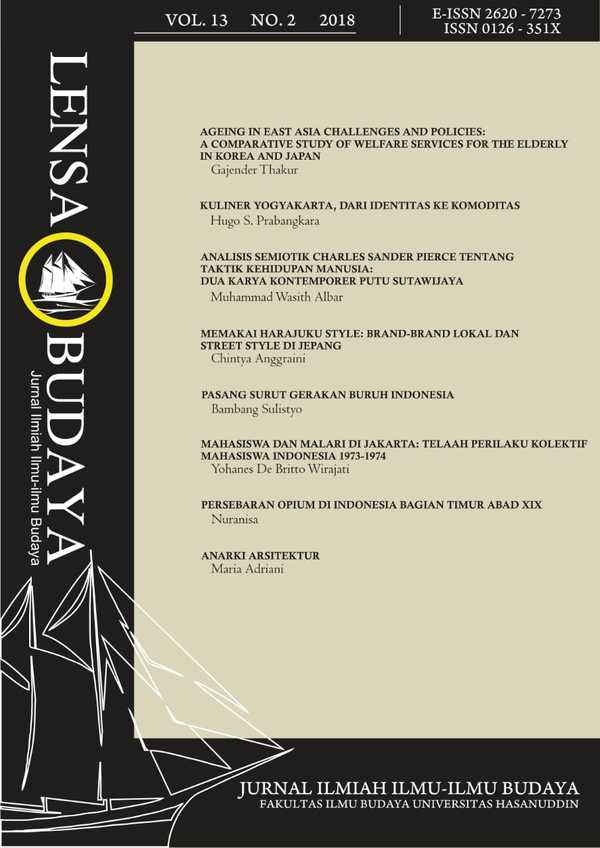AGEING IN EAST ASIA CHALLENGES AND POLICIES: A COMPARATIVE STUDY OF WELFARE SERVICES FOR THE ELDERLY IN KOREA AND JAPAN
Abstract
The Social welfare for the elderly and challenges to execute social welfare system is a global phenomenon nowadays. The world stands on the threshold of a stunning demographic transformation. It is called global ageing, and it promises to reshape virtually every dimension of the economy and society over the next few decades. The growing ageing population in East Asia has significant consequences for providing social protection to the elderly. The region`s has graying demographic profile, rising old-age dependency ratios, and changing living situations of elderly. In this region, elderly need special attention and more resources from government. Among the East Asian countries situation of Japan and Korea is acute regarding rapid ageing, it is major concern for both the countries that how to provide sufficient welfare amenities to the elderly with limited resources of social welfare. Though, the execution of welfare policies and its impact on welfare of elderly seems appropriate according to the current situation but declining birthrate and raising
population of elderly putting a huge challenge for execution of welfare policies. This paper
elucidates how rapid demographic transition effect the social welfare system with an analytical study of Japanese welfare system and what lessons is possible for Japan from the other East Asian Countries. In other words, this paper will be the effort to enhance cooperation between the nations by cross cultural ageing or gerontology studies (specially the experience of Japan where situations are acute) to mitigate the problems of ageing and provide a concrete solution through the global connection.

